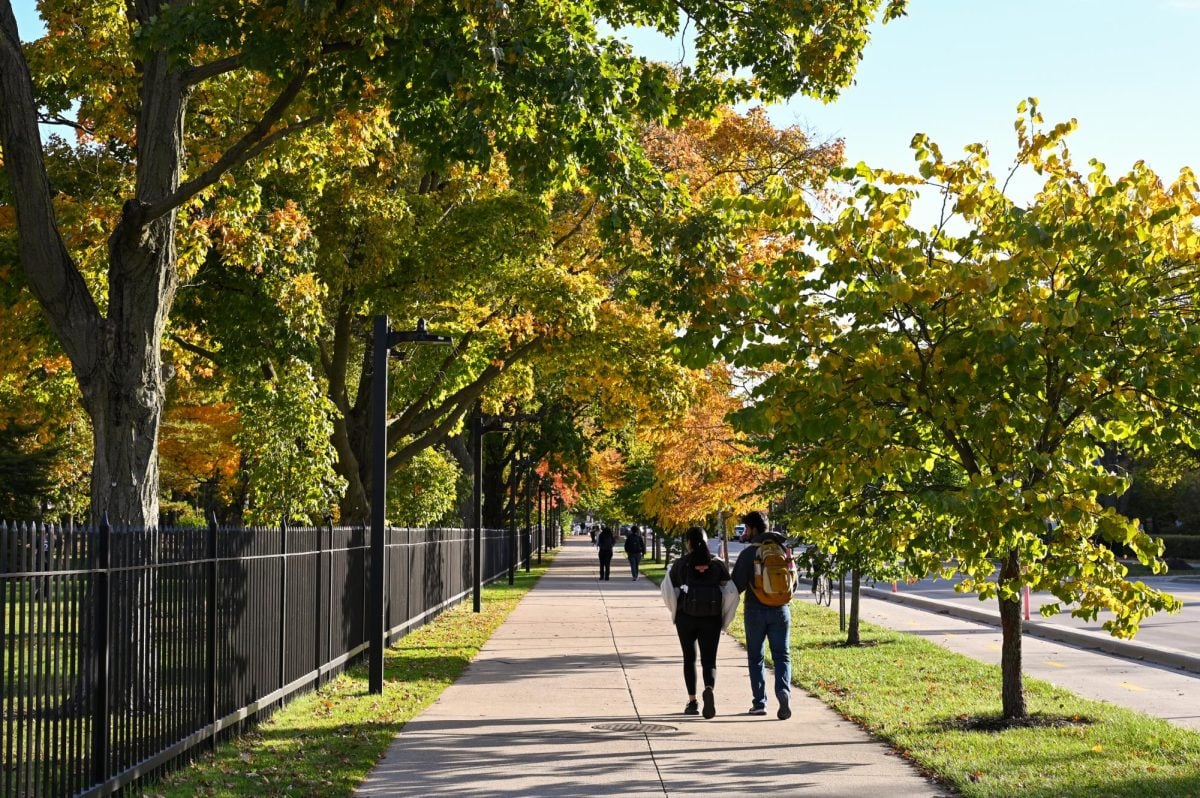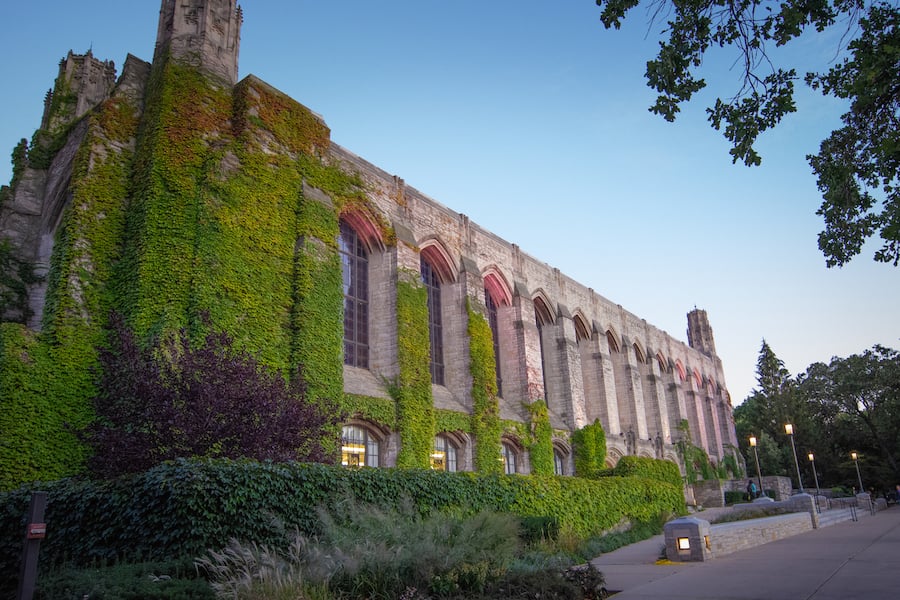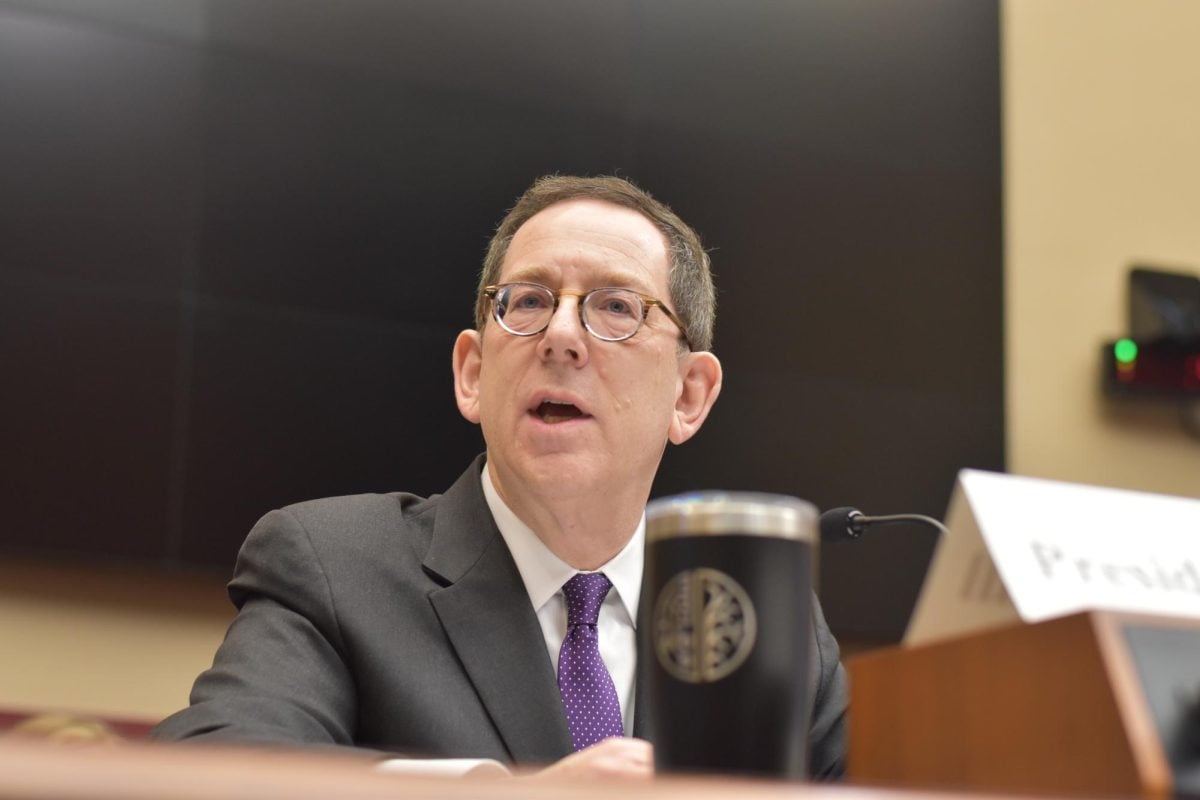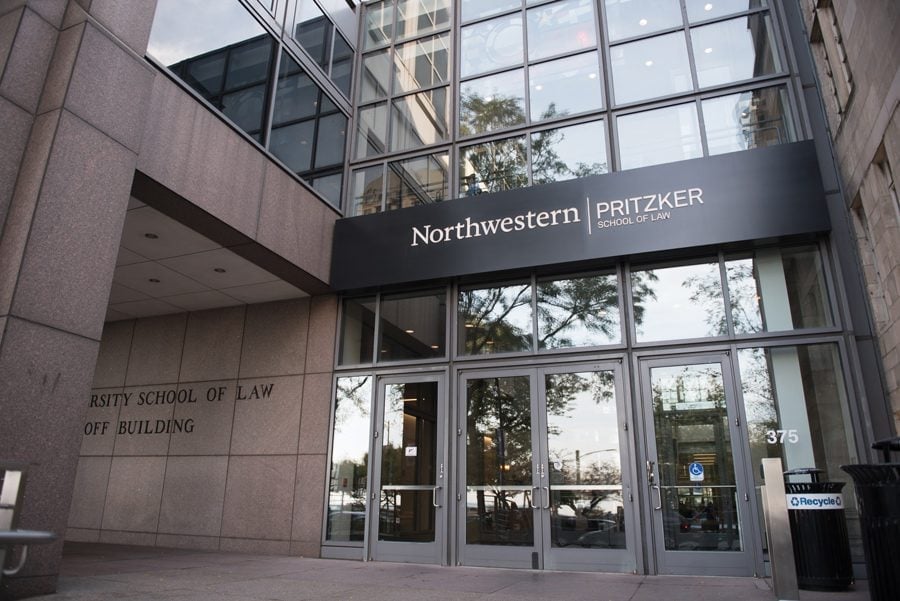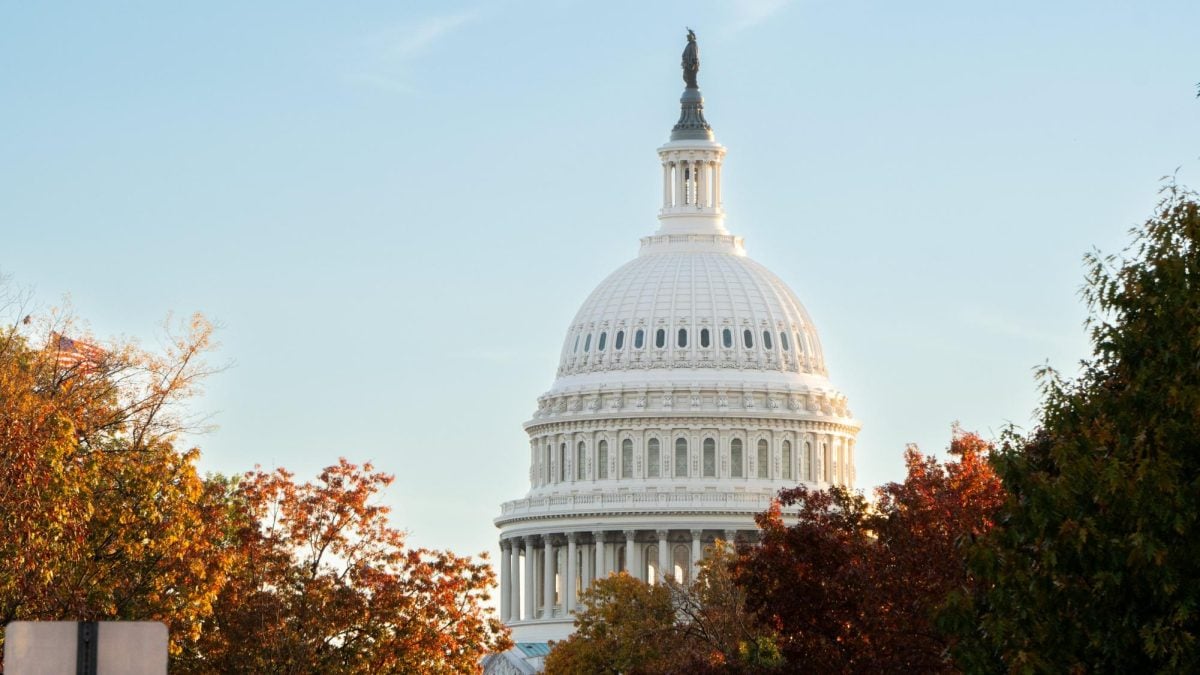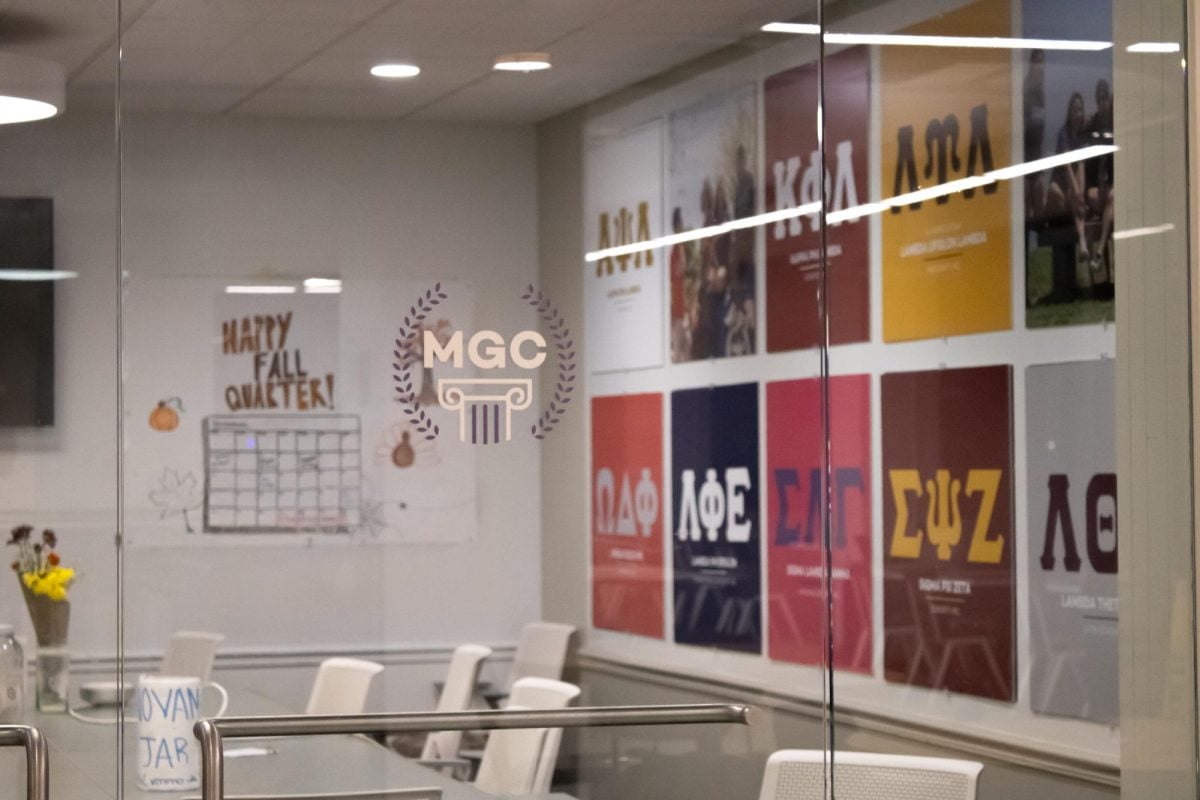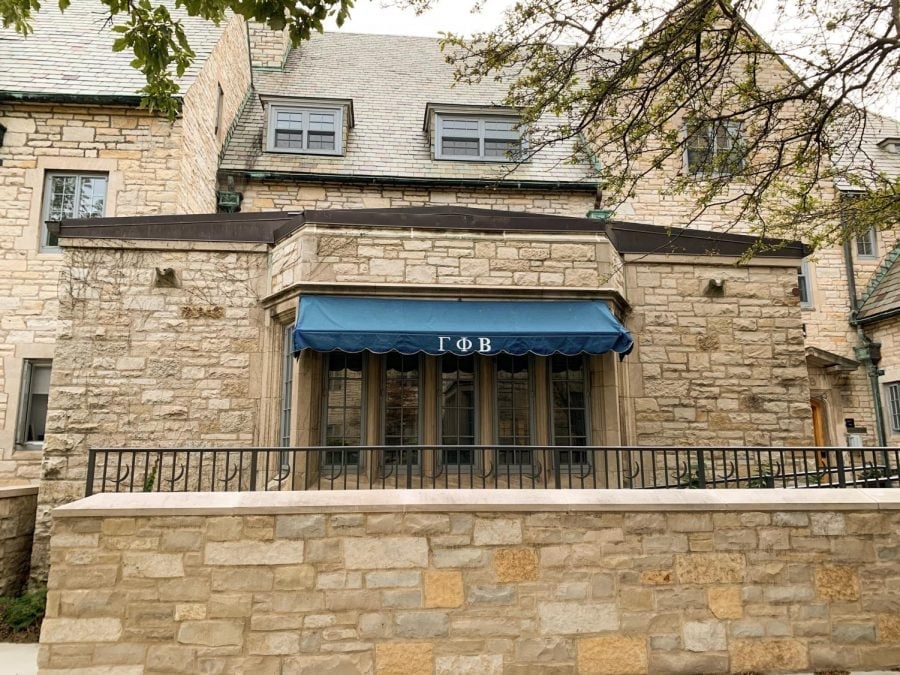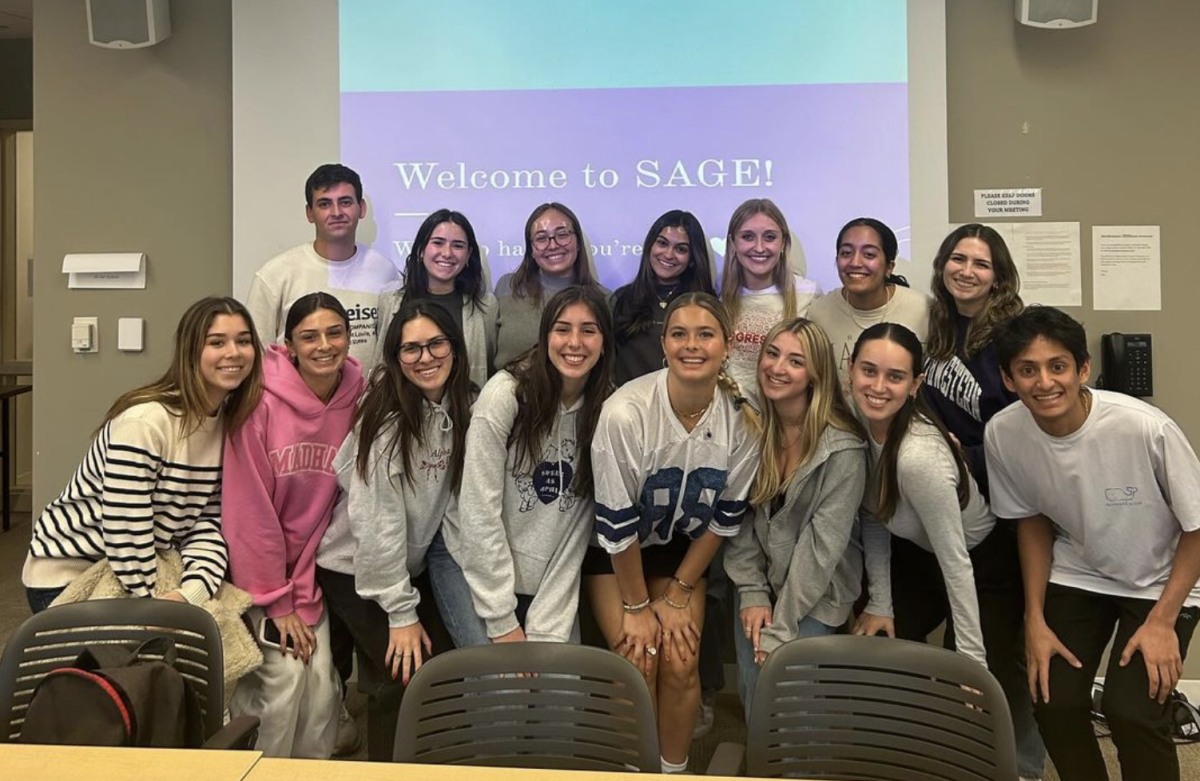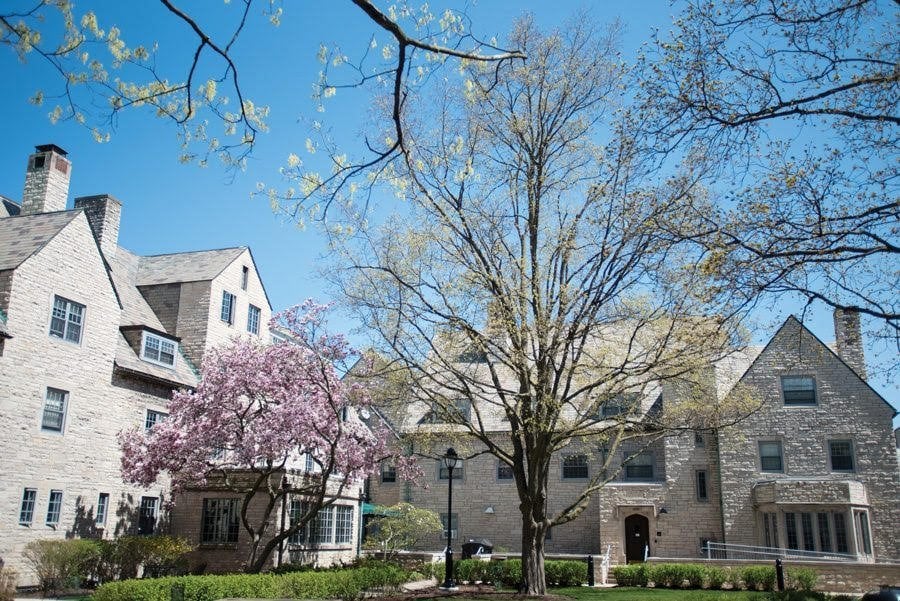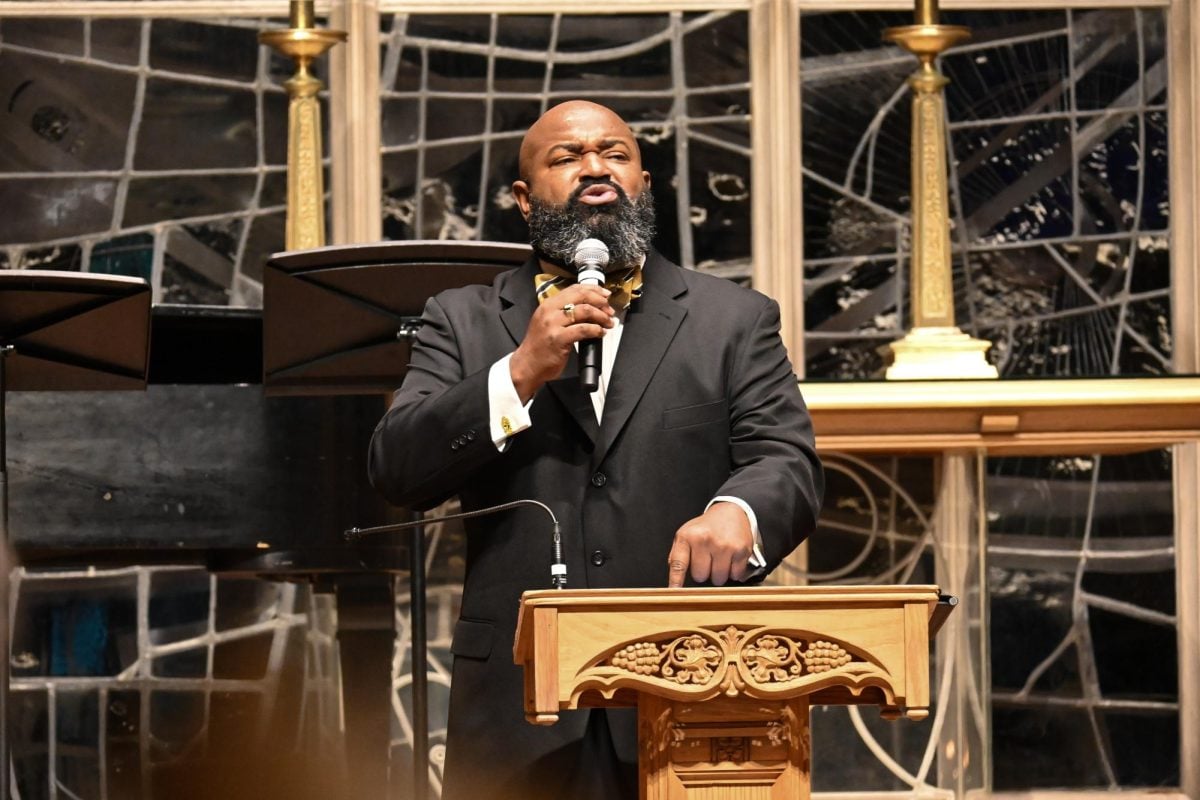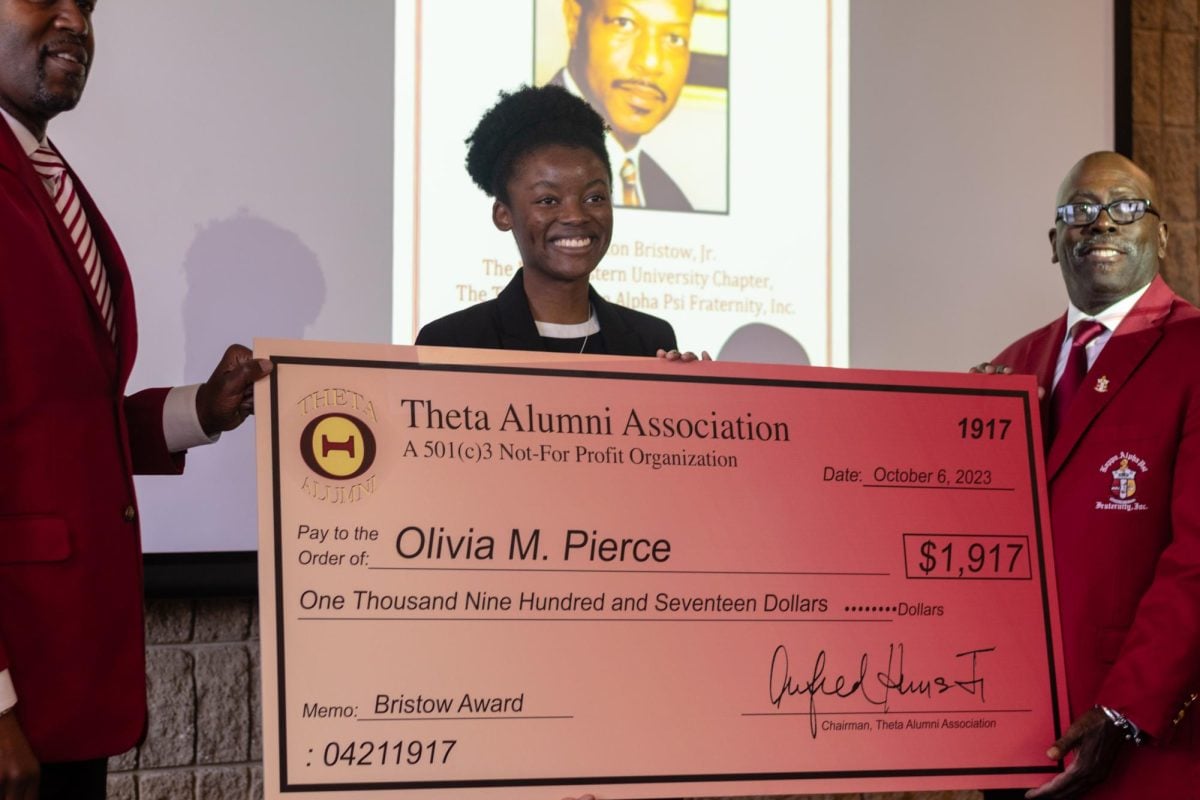Experts from around the country convened at Norris University Center on Tuesday to share ideas for reducing alcohol-related issues on college campuses.
Organized by The Dartmouth Learning Collaborative on High-Risk Drinking, the two-day conference is dedicated to Matthew Sunshine, the School of Education and Social Policy freshman who died of alcohol poisoning in his Rogers House dorm room in 2008. Part of the University’s no-fault $2-million settlement with Sunshine’s family included a non-economic rider that stipulates support programs target binge drinking.
Feinberg Prof. Michael Fleming hosted the event, which focused on evidence-based interventions.
“When we talk about interventions we really are talking about students’ lives,” Fleming said. “This isn’t esoteric, this isn’t theoretical, this is not an intellectual exercise.”
Northwestern joined the Learning Collaborative, which features 32 colleges, at the end of Spring Quarter. The collaborative is headed by Dartmouth President Jim Yong Kim, who is also a public health physician. NU representatives attended the first collaborative meeting in June.
University President Morton Schapiro said he is happy with the way the non-economic terms of the Sunshine settlement are progressing.
“I think we’ve done a good job,” Schapiro said. “I want to do what’s right, not what’s legally expedient. We’ve taken some steps to make the campus a little safer. I would never say that I could sleep well at night on a weekend, but I think we’re doing somewhat of a better job.”
Speaking to conference attendees, Schapiro cited innovative new policies such as the beer garden during last year’s Dillo Day as potentially helping to curb binge drinking on campus.
SESP senior Kirstin Nordhaus, a student representative for NU’s Dartmouth Learning Collaborative Team, praised the administration’s efforts.
“Morty’s speech really illustrated how much of a pressing concern it is on our campus and how wonderful it is that the administration really cares about these issues,” Nordhaus said.
Nordhaus is currently in the process of creating a student group to provide late-night programming that offers students an alternative to alcohol-based entertainment. At the conference, Jane Vangsness Frisch, who works with the North Dakota University System, presented a similar program in effect at North Dakota State University.
Another presentation focused on the Red Watch Band bystander intervention program, which was founded in 2009 by Stony Brook Substance Abuse Counselor Lara Hunter in response to Sunshine’s death – Sunshine’s mother, Suzanne Fields, is a doctor and professor at Stony Brook. Red Watch Band offers college students voluntary training on how to react to alcohol-induced emergencies.
NU has trained more than 800 students through Red Watch Band program since implementing it in spring of 2010, program director and head of NU’s Health Promotion and Wellness Lisa Currie told The Daily in May.
“Students don’t recognize alcohol overdose as a medical emergency,” Hunter said. “If we were sitting in class right now and this gentleman passed out, they’d call 9-1-1. They’d know it was an emergency. If you were passing around shots and we were drunk, they’d walk right over and draw on his face.”
Hunter said she wants to remove students’ fears about intervening in dangerous situations involving alcohol. Often, she said, students think the consequences of getting medical help will be worse than they actually are. Under NU policy, students who take emergency action will face potentially lighter University sanctions of their own.
Other tactics discussed at the conference included AlcoholEdu, an online alcohol education course mandatory for all NU freshmen, and the use of polling data to refute perceptions about the presence of alcohol on campus. University at Albany, SUNY Prof. Dolores Cimini said students often believe more of their peers are drinking than is actually the case.
The conference came just days after Dean of Students Burgwell Howard sent emails to freshmen and off-campus students expressing concern over the number of incidents related to the “reckless” consumption of alcohol this year.
According to Howard’s email to the freshman class, more than half of the nearly 30 students who have received medical attention this year for alcohol consumption are freshmen.
“Frankly, this is not only alarming, but unacceptable,” Howard wrote. “It is not who we are … it is not NU.”
Both of Howard’s emails expressed his wish that NU students stay safe during Homecoming. At the conference, Howard said he was happy with student conduct over the weekend.
“I’m very pleased. Overall, this was actually one of our quieter weekends in terms of conduct and issues related to alcohol throughout the fall,” Howard said. “It was important that the University let people know what’s going on and set a level of expectations.”
NOTE: This article was updated to reflect the ‘no fault’ nature of the University’s settlement with the Sunshine family. The Daily regrets the error.
